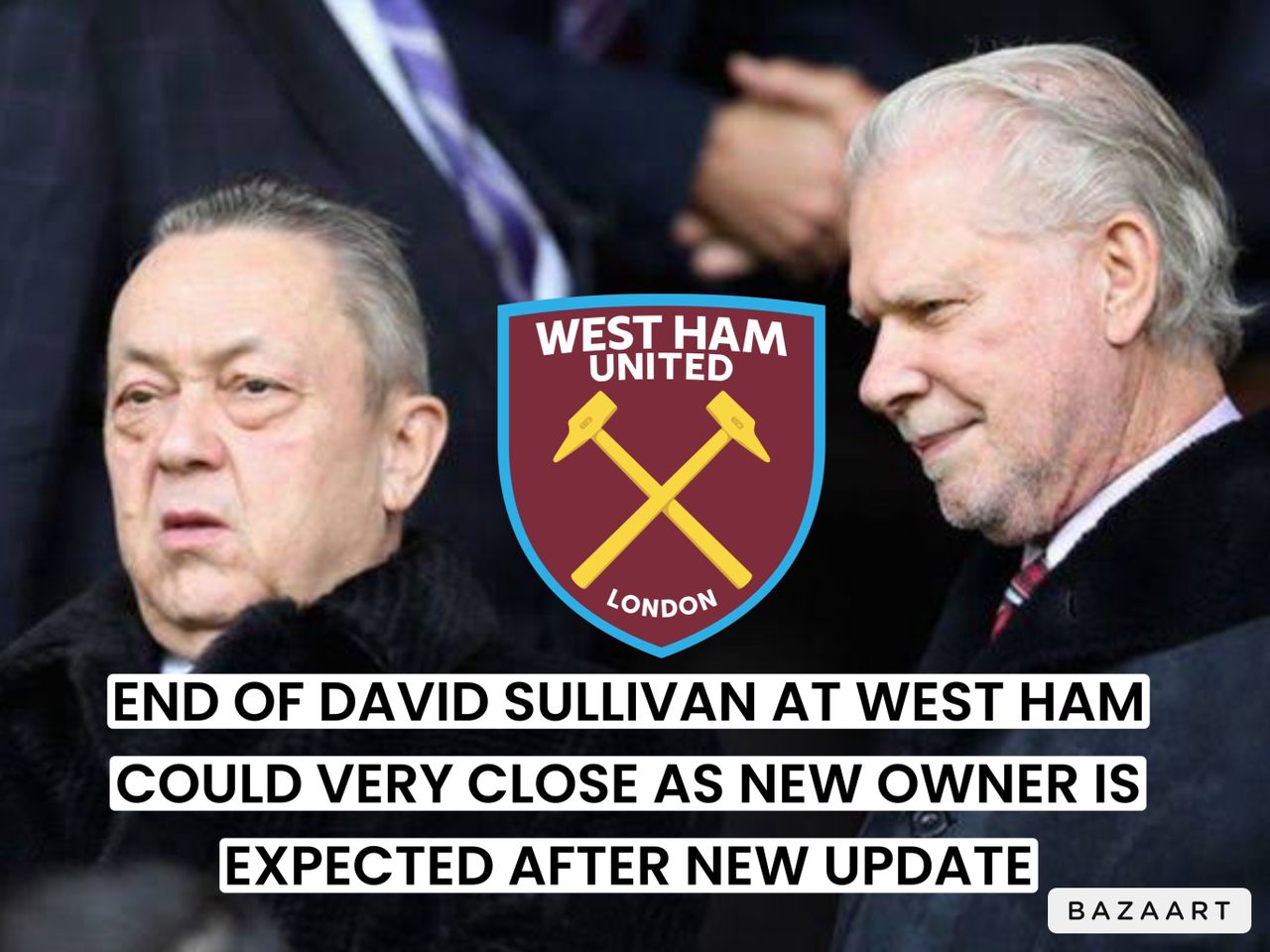Breaking news‼️ West Ham takeover bid now 100% confirmed after new update
Keith Wyness, a prominent figure in football management and consultancy, whose tenure as CEO at Everton from 2004 to 2009 lends weight to his insights, recently shared intriguing developments regarding the potential future of West Ham United. Speaking candidly on Football Insider’s Inside Track podcast, Wyness speculated that West Ham could be poised for a significant ownership change within the coming year. This revelation comes amidst discussions surrounding minority owner Daniel Kretinsky’s ambitions and the broader dynamics within the club’s ownership structure.
Wyness, now a respected advisor to elite football clubs, suggested that Daniel Kretinsky, who currently holds a 27% stake in West Ham, may reconsider his pursuit to acquire full ownership of the club. Previously seen as a leading candidate to consolidate control, Kretinsky’s plans appear to have encountered obstacles, potentially paving the way for alternative investment scenarios.
West Ham’s current ownership is composed of four main stakeholders: Daniel Kretinsky, known for his investments in various sectors including energy and media; David Sullivan, a longtime figure in English football with a significant stake; the Gold Family, heirs to the late David Gold’s legacy in football; and Albert ‘Tripp’ Smith, a prominent financier with interests spanning sports and entertainment.
The prospect of change gained momentum following Vanessa Gold’s announcement in October 2023, signaling her willingness to entertain offers for her 25% ownership share under the right conditions. This openness aligns with broader trends in football finance, where clubs like West Ham are increasingly valued based on their on-field success and commercial potential.
Forbes’ valuation in May 2024 estimated West Ham’s market worth at an impressive £880 million, a testament to their recent achievements in the fiercely competitive Premier League. Such financial metrics underscore the attractiveness of West Ham as a potential acquisition target, particularly in a climate where top-tier football clubs command significant global attention and investment interest.
Reflecting on the evolving landscape, Wyness emphasized that prospective valuations and strategic considerations have shifted markedly in recent years. “The dynamics of football ownership are rapidly evolving,” he remarked, pointing to his involvement in confidential discussions and strategic calls concerning West Ham’s future.
While predicting the precise timing of any potential takeover remains challenging, Wyness expressed confidence that developments could unfold within the next year. “With David Sullivan advancing in age and other shareholders potentially open to new opportunities, the conditions could be ripe for a transformative move,” Wyness speculated.
In closing, Wyness hinted at the emergence of a “big group” of investors poised to navigate the complexities of acquiring West Ham United. “Watch this space,” he urged, encapsulating the anticipation and intrigue surrounding one of football’s potentially significant ownership sagas in the near future.
